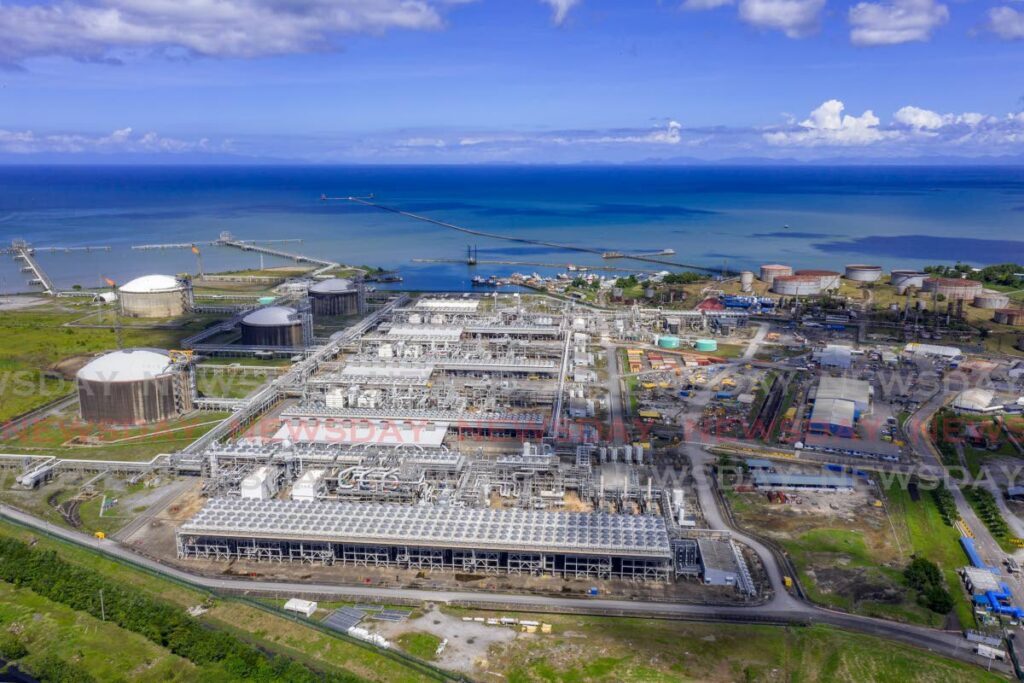US expert upbeat on LNG in Trinidad and Tobago

AN expert on the natural gas sector expects Trinidad and Tobago to have a good future in the gas business, but said several steps must be taken to ensure TT remains competitive. Nick Fulford, senior director at Gaffney Cline, spoke via video link to an audience on Tuesday at the TT Energy Chamber's energy conference at the Hyatt Regency, Port of Spain. Founded in Trinidad in 1962, Gaffney Cline is a global advisory firm with offices in the US, UK, Argentina, Dubai and Singapore.
Fulford said TT now has substantial sources of new gas plus opportunities for regional co-operation, the latter prompted by current global events.
Fascinating opportunities arise from the interplay of gas/LNG with methanol and ammonia, which create very many opportunities, he said.
Fulford displayed a graph showing a range of about ten contrasting projections for world gas demand in the coming years, but said most predicted an increase.
He said global demand for liquefied natural gas (LNG) was now 100 billion cubic feet (bcf) per day, and likely to grow to at least 110-115 bcf.
Mulling the ongoing global energy transition from fossil fuels to renewable energy, he said gas will continue a big role in the energy mix.
However he said more focus would be attracted to carbon capture and storage (CCS) – ways of preventing carbon dioxide as a side product of energy production/consumption escaping into the atmosphere to worsen global warming.
As a result, the cost of these measures, as reflected by carbon pricing, will play a role in LNG costs.
Some projections were for the US LNG industry to become less cost effective, he said.
Fulford said the future success of TT's LNG sector will largely depend on local cost competitiveness and on the carbon intensity of TT's LNG and how this is mitigated. Carbon intensity refers to how much carbon dioxide is produced by a particular method of using a particular fuel to produce one kilowatt of electricity.
He listed several keys to competitiveness. These were the cost of the feedstock (that is, natural gas), the fiscal terms and government policy facing energy firms, the cost of liquefaction, and carbon policy.
Fulford said TT has significant new gas potential, amid multiple opportunities for regional co-operation, new technologies and fresh developmental strategies.
He said TT now benefits from its decades of experience in the oil and gas sector, with the various trade-offs, compared to other countries now entering the gas market.
"A huge track record will help TT remain competitive," Fulford said.
He noted carbon pricing was now increasing, listing it as US$85 per tonne of LNG for the US market and 75 Euros per tonne in Europe. He said some carbon costs were now rising, but when they eventually go down that would provide opportunities for TT.

Comments
"US expert upbeat on LNG in Trinidad and Tobago"